Chances are, if you’ve done more than a few minutes of investment research, you’ve come across the term "accredited investor."
What is an accredited investor? How do you become one? What are investment options for accredited and unaccredited investors?
What’s the definition of an accredited investor?
The definition of an accredited investor is determined by the Securities and Exchange Commission (SEC) in Rule 501 of Regulation D.
To be an accredited investor, an individual must meet one or more of the following requirements:
- Annual income in excess of $200,000 ($300,000 in the case of joint income) over the last two years, with the expectation of earning at least that amount in the upcoming year
- Net worth in excess of $1 million, singly or jointly with a spouse, excluding primary residence (i.e., your house)
- Occupation/position in certain financial capacities
- Demonstrate advanced personal knowledge of, education in, or experience with the relevant financial concepts — usually defined by professional certifications or credentials. This option was created by the SEC in 2020.
Similarly, a private business or organization is considered an accredited investor if:
- The value of its assets exceeds $5 million — although the SEC does not permit organizations to be created for the sole purpose of attaining accreditation, or
- It is owned exclusively by accredited investors
What can accredited investors do?
Accredited investors are permitted to purchase, own, and sell unregistered securities, which are financial instruments that are not registered with the SEC.
Most private equity, venture capital, and hedge funds fall into this category. Individuals who wish to include these options in their financial strategies need to qualify as accredited investors. Importantly, no government agency performs a formal accreditation process. Organizations selling unregistered securities are required to verify that they sell only to accredited investors by screening prospective buyers as part of the diligence process.
Why can’t non-accredited investors access these options?
The SEC was created in response to the 1929 stock market crash that precipitated the Great Depression. Accordingly, it’s no surprise that the SEC has a threefold mission: “protect investors; maintain fair, orderly, and efficient markets; and facilitate capital formation.”
Nominally, the purpose of restricting access to unregistered securities falls primarily into the first category. Unregistered securities do not provide disclosures to the SEC, so the government cannot guarantee their legitimacy or safety. Less-experienced investors could more easily fall prey to scams or fraud, inadvertently assume financial responsibilities they cannot afford, or purchase risky private securities that endanger their retirement savings.
I’m not an accredited investor. What are my options?
It has become easier, over time, to qualify as an accredited investor, because the SEC does not index the income or wealth requirements to inflation — and, since the requirements haven’t been adjusted since 1983, inflation has significantly changed the math for most prospective investors.
For reference, the dollar has inflated by about 170% since 1983. Had the definition been adjusted for inflation over that period, an investor accredited in 2021 would need a minimum net worth of about $2.7 million, or minimum annual income around $545,000.
The upshot of that difference is that today, in 2021, there are 550% more accredited investors nationwide than in 1983. As of 2020, only about 10.6% of American households were accredited. That means some investors may still feel that the SEC’s accreditation requirements are a bit inconvenient.
Fortunately, non-accredited investor have options.
Investors don’t need accreditation to purchase registered securities. Avast number and variety exist on the market, and non-accredited investors can secure options which meet their financial goals. Although we’re real estate investing professionals, we think most investors will benefit from a well-diversified portfolio including a variety of asset classes and risk profiles.
For most investors, the wide availability of equities, bonds, and yes, real estate via public markets is sufficient.
The SEC delineates a number of “safe harbor” offerings that can permit funds usually reserved for accredited investors to sell to non-accredited investors (for instance, Rule 506(b), 504, and CF).
The world of real estate, in particular, is becoming increasingly accessible to non-accredited investors.. Non-accredited investors who want access to these options may need to do a little research, but the typically higher risks and returns of private offerings can be accessed via these exemptions.
Becoming an accredited investor is getting less complex.
Individuals who know their financial goals will benefit from access to particular unregistered investments are, as of December 2020, not required to satisfy minimum income thresholds so long as they maintain FINRA certifications (the Series 7, 65, or 82) or are employed by the private fund with which they wish to invest.
This strategy can be risky. Investors who qualify as accredited without meeting the income requirements do not benefit from the error margins associated with greater wealth meaning losing their investment could be catastrophic. It’s also worth noting that many hedge funds and private equity funds are intentionally small. Meeting the SEC’s qualifications by acquiring investment licenses does not guarantee that private equity shops or hedge funds do not maintain their own, more stringent requirements.
Accredited investor requirements are designed to protect for risk capacity.. Non-accredited investors with lower capacity, but relatively high risk tolerance, can access financial products RegA+ offering is a smaller, registered public offering that offers many of the benefits of access to traditional IPOs at lower risk profiles.
As for qualification, in many cases new, better rules focus on a maximum of 10% of income or net worth for these offerings. This protects less-wealthy investors from overextending without locking them out of more sophisticated options that match their risk tolerances. We think that's a step in the right direction that expands investor autonomy without removing all the guardrails.
Concluding Thoughts
Finance really is becoming more democratized over time. The increasing popularity and accessibility of fintech, blockchain, crowdsourcing, and other innovations have opened the citadel to more people than ever before. Overall, we think accessibility is a good thing. While we believe the protection offered by the accredited investor definition is a necessary safeguard, we are encouraged to see the reduction of access barriers. Sophisticated financial products can now be accessed by the common woman or man..
We think it’s good news that the one-two punch of comparatively-lower income thresholds and “safe harbor” offerings are giving access to non-accredited investors.
Questions about the suitability of risky investments for particular individuals are important but we tend to err on the side of opening access to more investors and trusting people to make their own choices.


